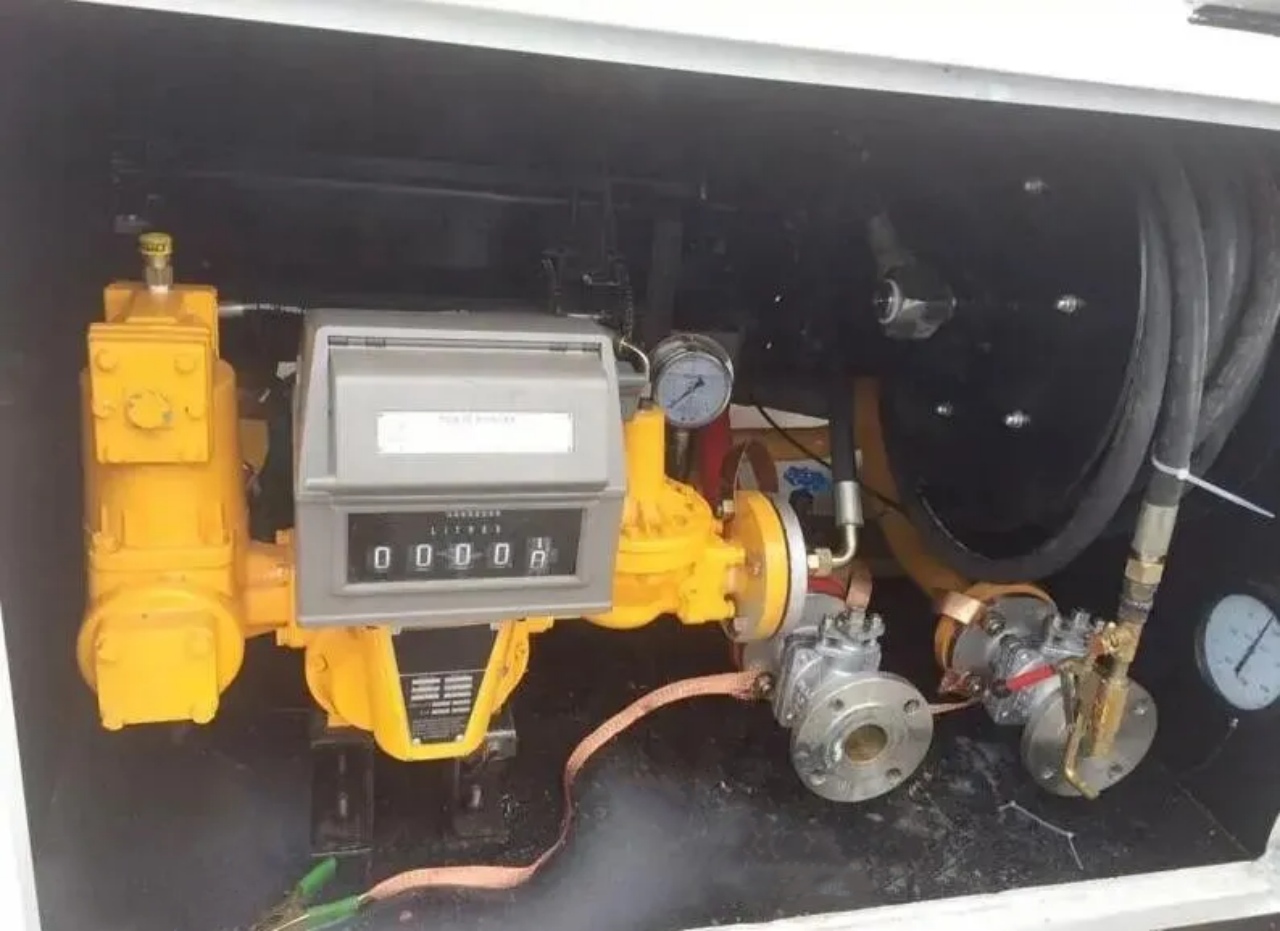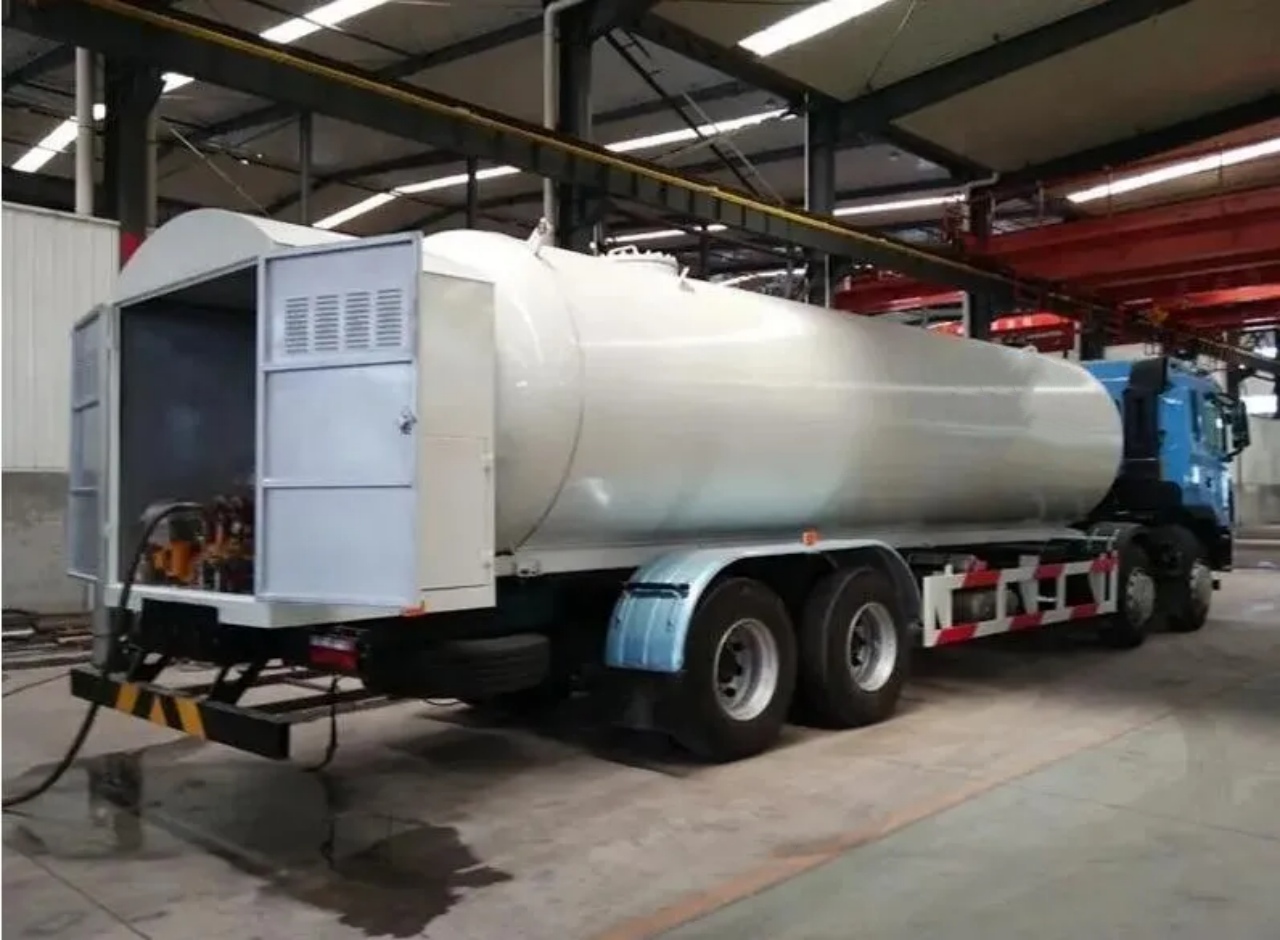Liquefied Petroleum Gas (LPG) is a versatile and widely used fuel, essential for residential heating, cooking, industrial applications, and even transportation. As the global demand for cleaner energy alternatives grows, the importance of efficient and safe LPG delivery solutions becomes increasingly critical. Among the most effective methods for bulk LPG transport is the use of propane tanker trucks. These specialized vehicles are engineered to ensure the safe, efficient, and cost-effective delivery of LPG across varied distances and terrains. This article explores how propane tanker trucks support the bulk transportation of LPG, the technologies and safety mechanisms involved, and the benefits they offer for both suppliers and end users.
The Role of Propane Tanker Trucks in LPG Logistics
Propane tanker trucks are purpose-built vehicles designed to transport LPG in its liquefied state under pressure. Unlike smaller delivery vehicles that cater to individual households or businesses, bulk propane tanker trucks are typically used to supply gas to industrial users, distribution centers, filling stations, and even large-scale residential developments. Their role is central to the LPG supply chain, bridging the gap between gas processing plants and end-users or intermediate storage facilities.
The primary function of these vehicles is to safely contain LPG under high pressure, preventing it from vaporizing during transit. This is achieved through cylindrical pressure vessels mounted on the truck chassis or trailer. These vessels are manufactured with high-grade materials like carbon steel or stainless steel and are equipped with a range of valves, pressure gauges, and safety features to maintain integrity throughout the transport process.
Design and Engineering for Optimal Efficiency
Efficiency in LPG transport begins with engineering. Modern propane tank trucks are designed with features that maximize payload while ensuring compliance with safety standards.
1. Pressure Vessel Construction:
The heart of a propane tanker truck is the pressurized tank. Built to ASME (American Society of Mechanical Engineers) standards or equivalent international codes, these tanks can typically withstand internal pressures of up to 25 bar (362 psi). The use of lightweight yet durable materials like aluminum-alloy or high-strength carbon steel reduces the vehicle’s tare weight, allowing for greater LPG capacity without exceeding road weight limits.
2. Thermal Insulation:
To reduce vaporization losses during transit, tanks may be fitted with thermal insulation or painted in reflective colors. This helps maintain the LPG in its liquid form, especially during hot weather conditions.
3. Advanced Pump and Metering Systems:
Propane tankers are equipped with hydraulic or PTO-driven pumps for loading and unloading. Integrated metering systems ensure accurate flow measurement during offloading, which is crucial for commercial transactions and inventory management.
4. Streamlined Design for Fuel Efficiency:
Aerodynamic cab designs and lightweight tank materials contribute to lower fuel consumption. Additionally, modern tank trucks are often equipped with telematics and GPS tracking systems that allow route optimization, further enhancing delivery efficiency.
Safety: A Non-Negotiable Priority
Transporting LPG comes with inherent risks due to its flammable nature. Propane tanker trucks are, therefore, subject to rigorous safety regulations and are outfitted with multiple safety systems.
1. Pressure Relief Valves (PRVs):
These valves automatically release excess pressure in case the internal tank pressure rises beyond safe limits, preventing tank rupture or explosion.
2. Emergency Shut-Off Valves (ESVs):
Installed at various points in the pipeline system, ESVs can quickly isolate the tank in the event of a leak or accident.
3. Crash Protection and Roll-Over Guards:
Propane tankers are equipped with impact-resistant guards and roll-over protection structures to minimize the risk of rupture in case of collisions or overturns.
4. Fire-Resistant Components:
Components such as flexible hoses and seals are designed to withstand high temperatures and exposure to flames, ensuring operational integrity during emergency scenarios.
5. Driver Training and Certification:
Operators of propane tankers are required to undergo specialized training in hazardous materials handling, emergency response, and vehicle safety procedures.
Operational Advantages of Bulk LPG Delivery
Using propane tanker trucks for bulk gas transport offers a range of operational benefits:
1. Economies of Scale:
Bulk delivery minimizes per-unit transportation costs, making LPG supply more economical for large consumers like factories, power plants, and agricultural sites.
2. Faster Distribution:
With high-capacity tanks—typically ranging from 15,000 to 35,000 liters—propane tankers can deliver significant volumes in fewer trips, reducing operational downtime and enhancing service coverage.
3. Flexibility and Accessibility:
Unlike pipelines, which are fixed, propane tankers offer flexible delivery routes and can reach remote or geographically challenging areas with ease.
4. Environmental Benefits:
Efficient logistics mean fewer trips, reduced emissions, and lower fuel consumption. LPG itself is a cleaner-burning fuel compared to diesel or coal, and its effective transport supports broader environmental goals.
Regulatory Compliance and Global Standards
Propane tanker trucks must comply with international and regional regulations to ensure safe and lawful operation. These include:
- ADR (Accord Dangereux Routier): European agreement concerning the international carriage of dangerous goods by road.
- DOT (U.S. Department of Transportation) Specifications: Govern the construction, operation, and maintenance of LPG tankers in the United States.
- UN Recommendations on the Transport of Dangerous Goods: A globally recognized framework influencing national and regional legislation.
Regular inspections, certification of pressure vessels, and mandatory testing schedules help maintain compliance and minimize risks.
Emerging Trends and Innovations
The LPG transportation industry is continuously evolving with technological advancements:
1. Smart Tankers:
Integration of IoT sensors enables real-time monitoring of pressure, temperature, liquid levels, and location, enhancing both safety and operational transparency.
2. Electrification of Tanker Systems:
Some LPG delivery fleets are exploring electric pump systems or hybrid propulsion to reduce emissions and improve energy efficiency.
3. Automation in Delivery:
Automated unloading systems are being developed to improve delivery speed and reduce manual intervention, lowering the risk of human error.
Conclusion
Propane tanker trucks play a pivotal role in the bulk transportation of LPG, offering unmatched flexibility, safety, and efficiency. As the demand for clean energy sources continues to rise, these specialized vehicles ensure a stable and scalable supply of LPG to industries, communities, and infrastructure projects worldwide. Through advanced engineering, rigorous safety protocols, and ongoing technological innovation, propane tanker trucks are driving the future of efficient LPG delivery and enabling the transition to a more sustainable energy landscape.





